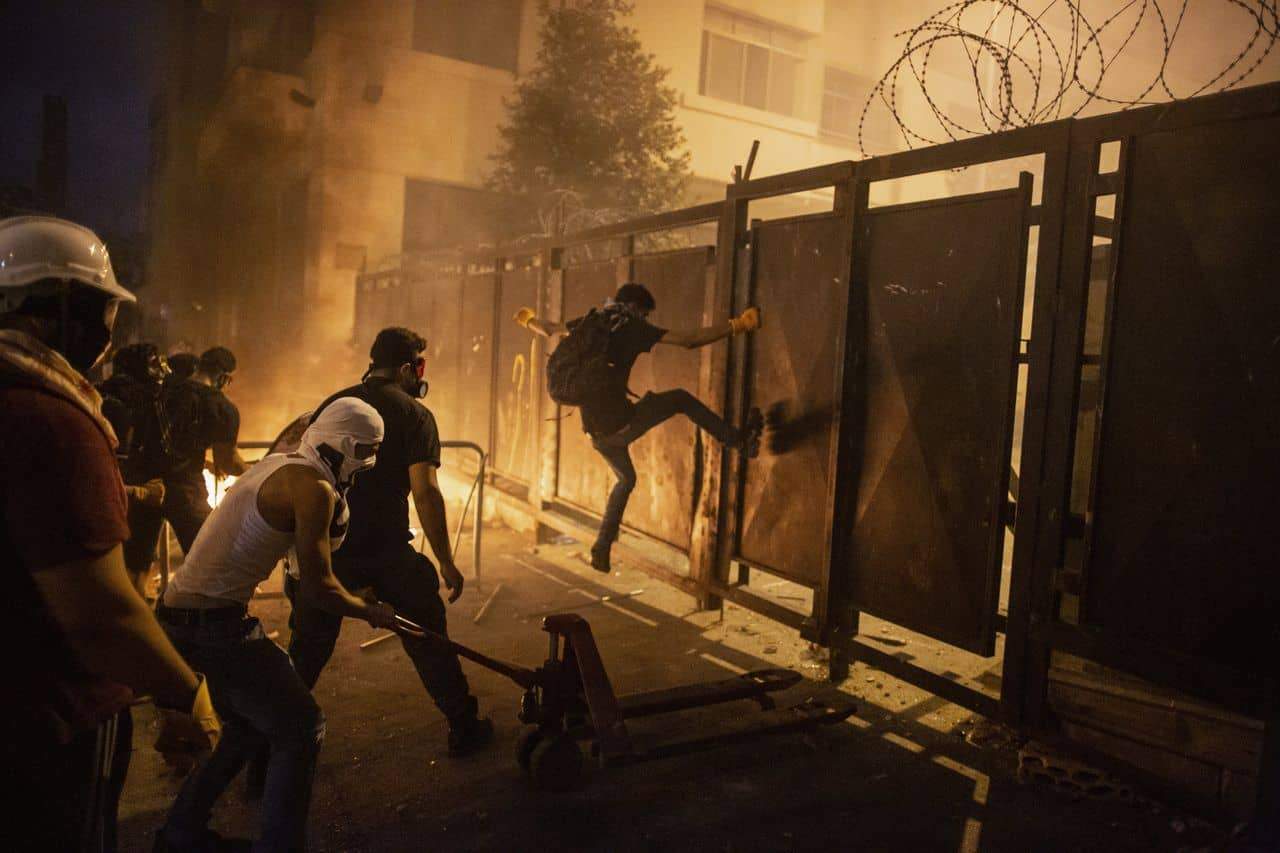Lebanon’s Government Set to Resign After Protests, Deadly Beirut Explosion

Lebanese Prime Minister Hassan Diab and his cabinet are set to resign Monday evening, people familiar with his plan said, following anti-government protests in the wake of last week’s massive explosion.
Prime Minister Diab will be delivering a live speech at 7:30 p.m. local time, according to the state-run National News Agency, which didn’t give a reason for the speech.
Beirut has been rocked by protests in recent days, with thousands of people demanding justice for the more than 150 killed in the blast. The explosion, which occurred when a fire at a warehouse ignited a cache of chemicals, destroyed a swath of the capital’s city center, including thousands of homes and businesses, the port of Beirut and much of the city’s famed nightlife district.
Rather than resolving the political and economic crisis in Lebanon, the cabinet’s resignation is likely to trigger more political instability in one of the Middle East’s most important centers of culture and finance and an enclave of relative stability next to war-torn Syria.
“Not only do we have an absence of government and a political vacuum, but we’re going to have a severe problem with the function of the state of Lebanon,” said Imad Salamey, a political scientist at Lebanese American University in Beirut. “We are heading toward the unknown.”
The cabinet’s dissolution shows how much the Lebanese public has turned against the country’s political elite, including politicians from a range of religious and political factions. For many Lebanese, the explosion symbolized government ineptitude that underpinned an economic crisis in recent months.
The resignation is unlikely to resolve the crisis. Lebanon’s economy remains in free fall, and protesters are increasingly demanding an overhaul to the entire political system, not simply a replacement of the government.
Lebanon’s constitution is designed to share power among the country’s Christians, Sunni and Shiite Muslims, and other religious groups. Many of the country’s political leaders are former warlords from the civil war that shook the country in the 1980s, and many Lebanese now view the entire political class as responsible for decades of corruption and neglect that culminated in last week’s explosion.
Lebanon’s political system is also an arena for competition among regional powers such as Iran and Saudi Arabia, as well as France. Iran is a sponsor of Hezbollah, the Shiite-led armed group that is also Lebanon’s most powerful political party. Iran’s rival, Saudi Arabia, has a history of ties with Lebanon’s Sunni Muslim politicians.
Mr. Diab’s government lasted less than eight months. It was formed in January after the former prime minister, Saad Hariri, stepped aside in late 2019 under pressure from protests that demanded political reform and an end to corruption.
A series of lawmakers and four members of cabinet, including the ministers of justice and finance, have resigned in recent days, citing the explosion and the government’s handling of the aftermath.
Upon resigning Monday, Justice Minister Marie-Claude Najm said the country was entering a “critical care period.”
Photo: Protesters attack a barricade Sunday at an anti-government demonstration in downtown Beirut, five days after a huge explosion—likely occurring when a fire ignited 2,750 tons of ammonium nitrate stored at the city’s port—caused damage to the city.SAM TARLING FOR THE WALL STREET JOURNAL











